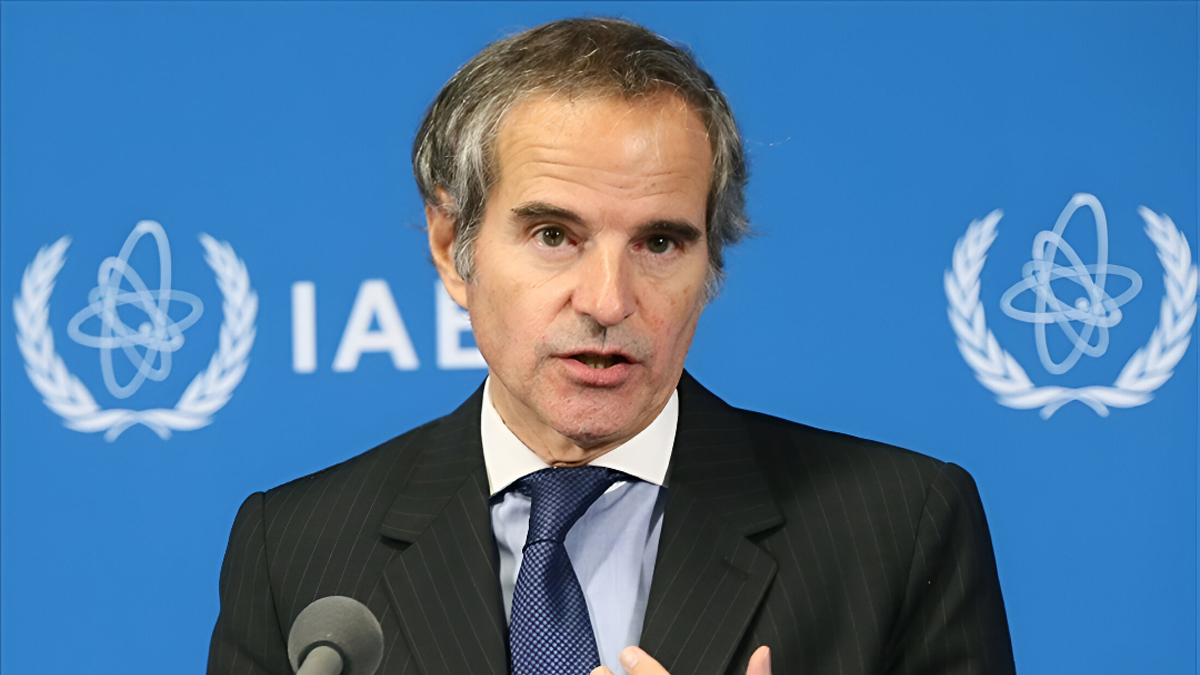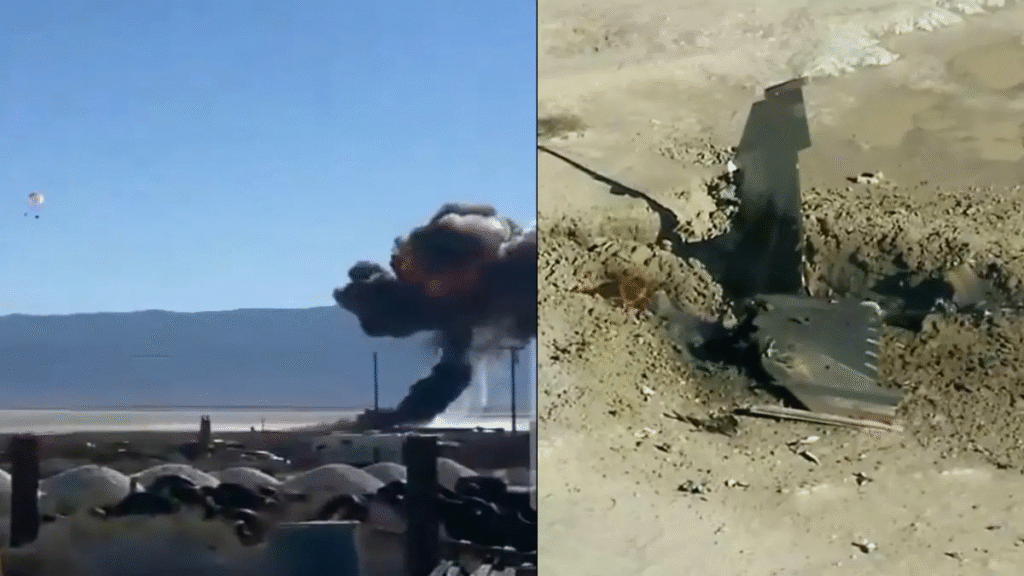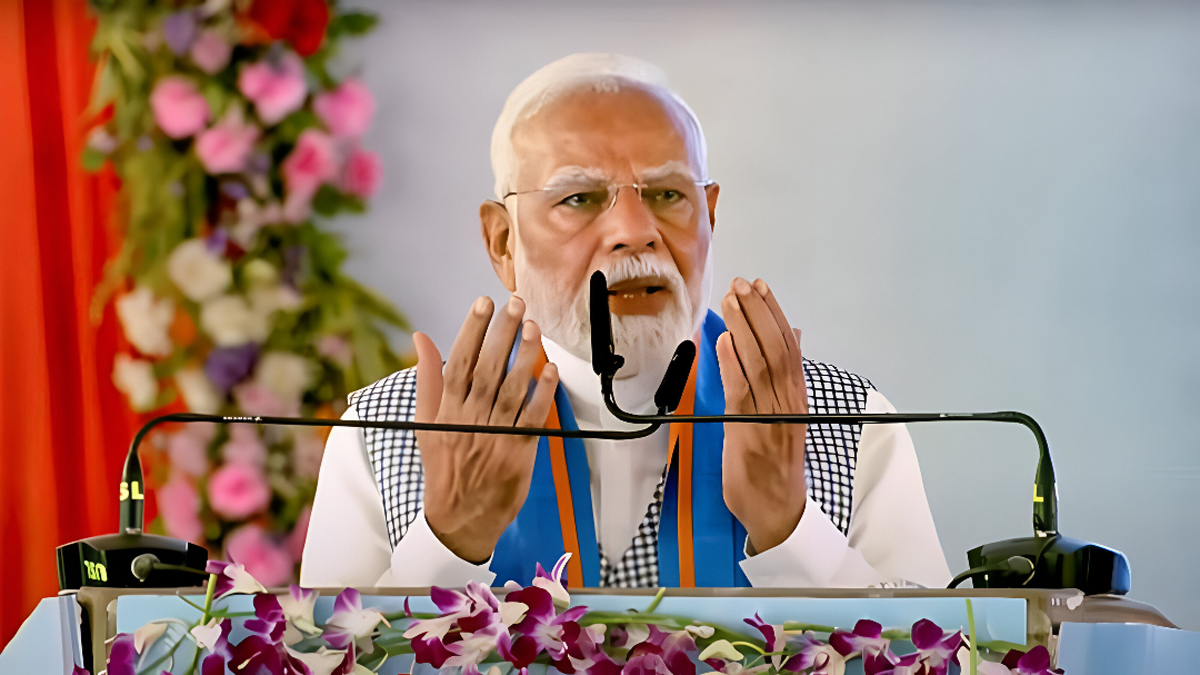Now Reading: IAEA Chief Dismisses Link Between Agency’s Iran Report and Israeli Military Offensive
-
01
IAEA Chief Dismisses Link Between Agency’s Iran Report and Israeli Military Offensive
IAEA Chief Dismisses Link Between Agency’s Iran Report and Israeli Military Offensive

The head of the International Atomic Energy Agency (IAEA), Rafael Grossi, has firmly rejected claims that the agency’s recent report on Iran’s nuclear activities served as a catalyst for the ongoing Israeli military offensive against the Islamic Republic. In a statement that comes amid heightened tensions in the Middle East, Grossi underscored that military actions are fundamentally political decisions, independent of the IAEA’s technical assessments.
Grossi’s comments directly address suggestions from Tehran that the IAEA’s report, which highlighted Iran’s “secret nuclear activity” and subsequently led to a declaration of non-compliance with safeguards obligations, had “prepared the ground” for Israel’s assaults on its nuclear program.
“A report on nuclear verification in Iran could hardly be a basis for any military action,” Grossi told media outlets, emphasizing the distinct nature of the agency’s role. “Military action, from whomever it comes, is a political decision that has nothing to do with what we’re saying.”
The IAEA chief further clarified that much of the information contained in the recent report was “essentially not new.” He pointed out that the nuclear watchdog has, for years, been issuing warnings about Iran’s continued refusal to provide comprehensive data regarding its nuclear activities.
Crucially, Grossi reiterated a key finding from the report: “In that report, I also said that, at this point, we do not have any indication that there is a systemic program in Iran to manufacture a nuclear weapon.” He stressed that the IAEA’s mandate is strictly limited to verifying facts on the ground and refrains from engaging in speculation about future intentions.
When pressed on the theoretical timeline for Iran to produce a nuclear weapon, even a rudimentary one, Grossi drew a clear distinction. While the IAEA report estimated Iran possessed enough enriched uranium to develop several nuclear bombs if further enriched, he cautioned that having the material is distinct from having a functional weapon. He also noted that while there were activities in the early 2000s assessed as related to nuclear weapon development, “we are not seeing this now,” dismissing timeline discussions as “pure speculation.”
However, Grossi did reiterate a significant point of concern: Iran remains the only non-nuclear weapon state that is enriching uranium to the high levels currently observed.
The IAEA’s reports are technical assessments aimed at upholding the international nuclear non-proliferation regime. Grossi’s insistence on the separation between the agency’s findings and political-military decisions highlights the delicate balance the IAEA must maintain in a highly charged geopolitical environment. The ongoing conflict between Israel and Iran has raised global fears about regional stability and the potential for wider escalation, underscoring the critical importance of transparent and unbiased nuclear oversight.










